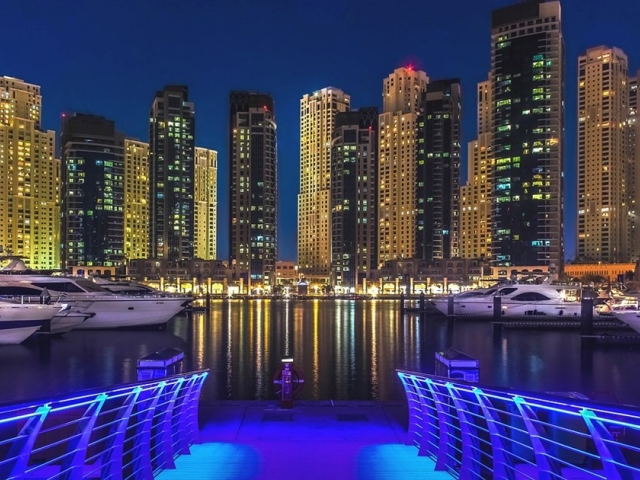
1. Define the purpose of investment
When choosing a property for life and rest, you should select an object which corresponds to preferences and plans for the future. Russians prefer resort destinations for travelling to the sea or cities for business. Such a property can bring additional bonuses. For example, the level of housing prices in Greece is much lower than in other European countries. At the same time, investments from 250 thousand euros can be used to claim a residence permit. Houses in Spain, Bulgaria and the Czech Republic are also chosen for living.
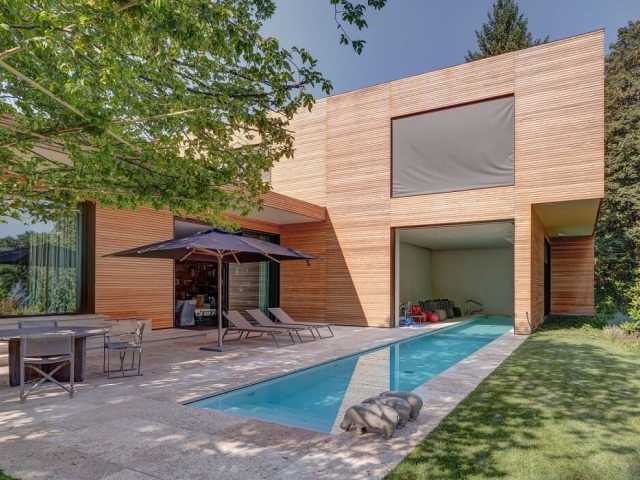
Darya Ganieva, a PR manager of Home Real Estate, notes that the proximity to the sea and the condition, in which it is located, determines the cost of an apartment. But in general, a villa in the seaside city of Spain will cost 50-200 thousand euros, an apartment in one of the popular resorts in Bulgaria will be from 40 to 120 thousand euros. There is a relatively big price range for apartments in Prague: 77-230 thousand euros. The value is determined by housing conditions and the area in which the apartment is located.
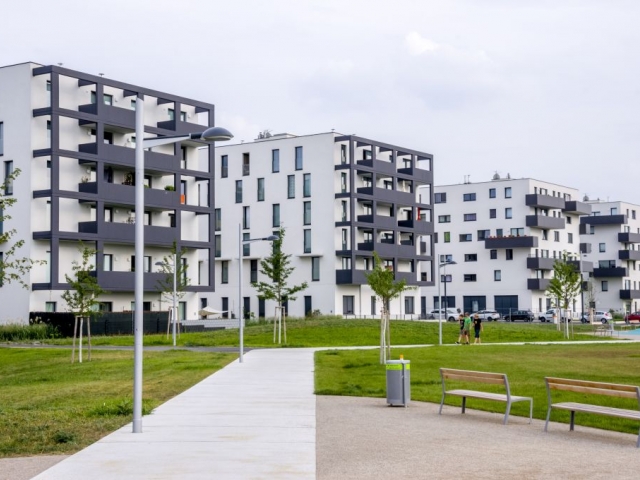
For long-term investments it is better to choose stable markets where prices range slightly. In "classical cities" (Vienna, Berlin, Paris, London) and northern capitals (Stockholm, Helsinki, Copenhagen, Olso) house purchase will cost 2-6 thousand euros per square metre. Investment attractiveness is also enjoyed by Bucharest and Budapest, where housing will be 50 per cent cheaper.
Investments in objects of the countries with high level of legal protection and economic stability guarantee an income of at least 6-7 percent per annum.

To increase your savings you should choose markets with a high growth potential, but keeping price affordability. Use the Knight Frank company's rankings, Colliers International analytical material, as well as JLL and Cushman & Wakefield reports. Almost all materials are available to the public free of charge in 2 minutes.
In addition, every year the UBS publishes "Global real estate bubble index".
Safe investments can provide returns of 3-8 percent per annum, more risky investments - from 9 percent. In this case, experts advise to ignore emotions and rely exclusively on analytics.
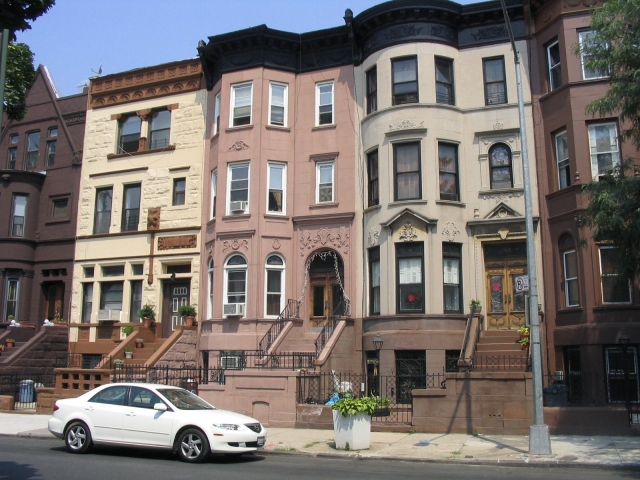
2. Assess investment attractiveness
Investments in property relate to long-term ones, so when purchasing an object it is necessary to evaluate its current condition and forecast changes. It is important to find out whether new projects are planned in the district. Under gentrification (industrial areas are being transformed into prestigious districts), the cost of real estate increases at a faster pace.
Purchase of the real estate object under construction is one of the most profitable investments. Darya Ganieva explains that the payment system is totally different from the Russian one: according to some developers' terms, it's enough to deposit 15% of the amount and wait for the termination of construction.
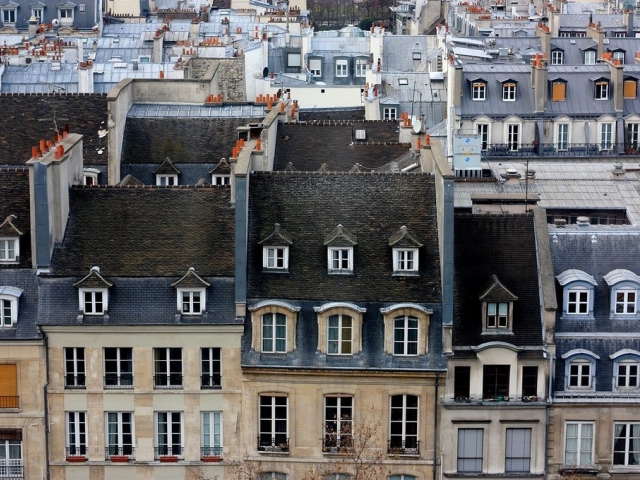
If you plan to receive rental income, it is important to assess the availability in terms of relevance, an object itself, and its geographical location. You should have no problem finding tenants in large cities. According to the estimates of the Deloitte international company, the share of rented housing reaches 70%, in Denmark and Austria - slightly above 30%, in Luthuania, Hungary and Slovenia - from 2 to 5%.
The highest profitability will be received by lessors in Ireland - 7.08 percent per annum, as well as in Malta, Portugal, the Netherlands and Slovakia - from 6 percent per annum.

A large role in investing in real estate has a volume of tourist flow to the country. The QBF investment company advises to pay attention to the real estate in Asia and Japan. As Alexander Zhdanov, the QBF's analyst, comments, exotic trips are increasingly attracting tourists, and Asian markets are especially attractive for American and European travellers in terms of predictable strengthening of the dollar and the euro against the currencies of developing countries.
Experts also advise housing which is not older than 10 years. Such objects can be usually found with a help of developers, not agents.
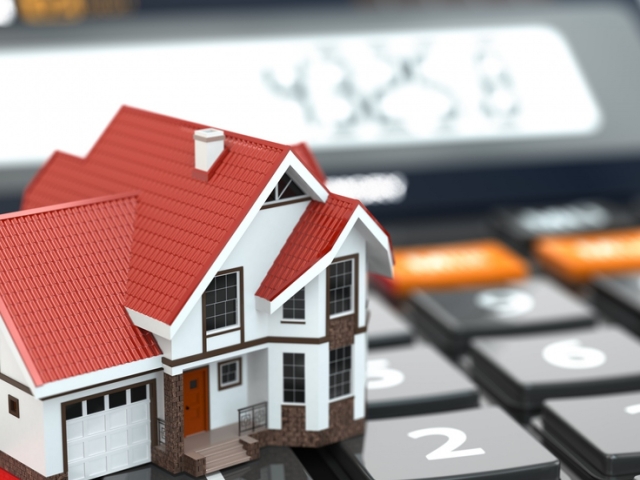
3. Account for the additional costs
Experts warn that additional costs can not be avoided when buying foreign real estate. They can be recurrent or non-recurrent.
The first expenditures cover stamp tax (1-2% of the purchase price), services of a realtor (5-6%), a lawyer and a notary officer (1-2%), additional costs will be required if the property is mortgaged or in need of renovation.
The second type of costs includes all taxes and expenses for preparation of the annual declaration, expenditure on a management company, insurance, mortgage payments, bank account management, utility expenses.
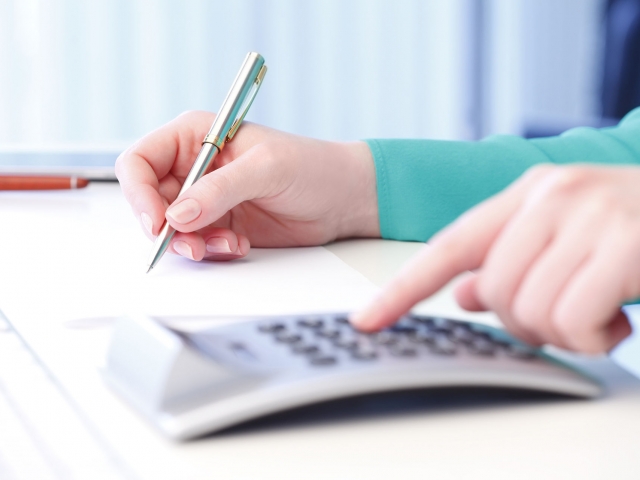
In different countries an investor will face special organizational and legal considerations. But the costs of real estate can be taken into account in advance, on the basis of its value. As Natalia Smirnova, the general director of "Personal adviser", comments, if we take something averaged without force majeure (repair, court costs, etc.), we will receive a one-time cost of about 7% of the value of the object. Regular costs depend on the object size and the availability of a mortgage - they average 1.5-6% of the value of the object (1-1.5% - without a mortgage, about 6% or more - with a mortgage).
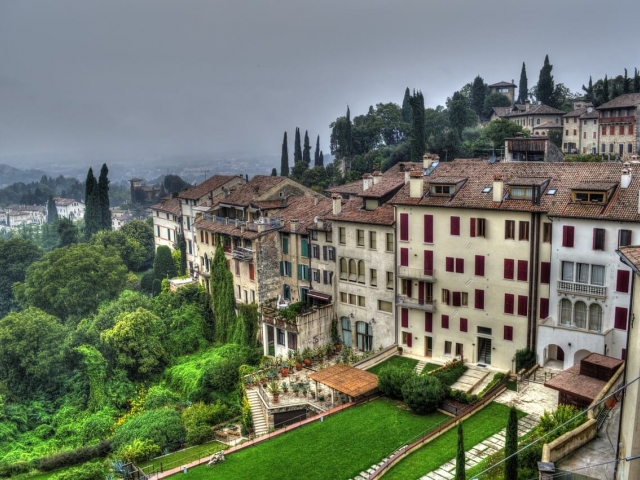
When concluding a lease agreement, specialists from Tranio recommend to pay attention to the fact how the facility maintenance costs among a tenant and an owner are spread: payment of the real estate tax, utilities, insurance, and other items of expenditure. As Anna Danishek from Tranio concludes, agreements such as NN Lease (Double Net Lease) or NNN Lease (Triple Net Lease) reduce the risks of investors - in this case, a tenant will be responsible for most of the operating costs. Preference should be given to the objects with a long-term lease contract (10-20 years) without the right to terminate it.
 English
English 
 Русский
Русский Bahasa Indonesia
Bahasa Indonesia Bahasa Malay
Bahasa Malay ไทย
ไทย Español
Español Deutsch
Deutsch Български
Български Français
Français Tiếng Việt
Tiếng Việt 中文
中文 বাংলা
বাংলা हिन्दी
हिन्दी Čeština
Čeština Українська
Українська Română
Română
